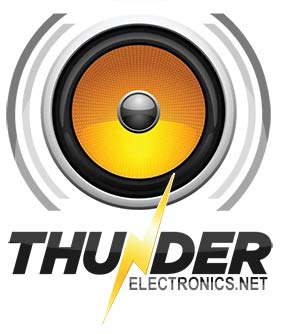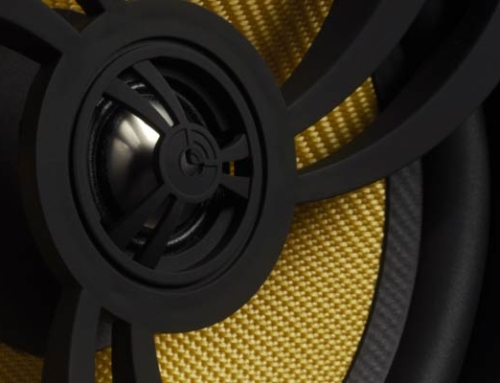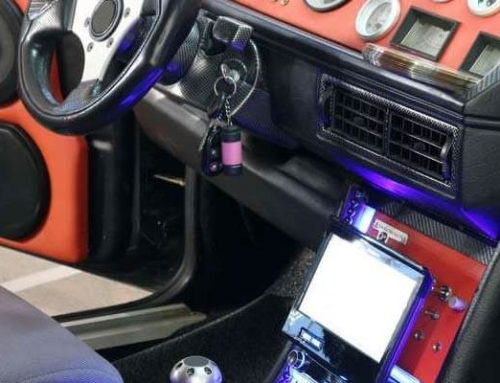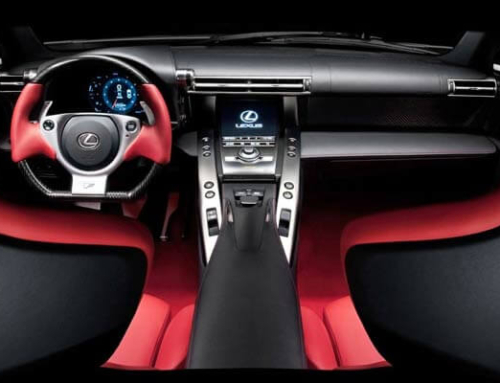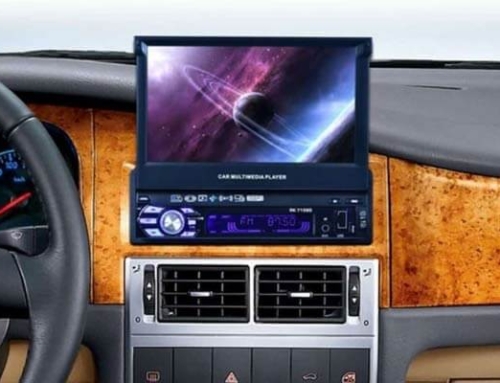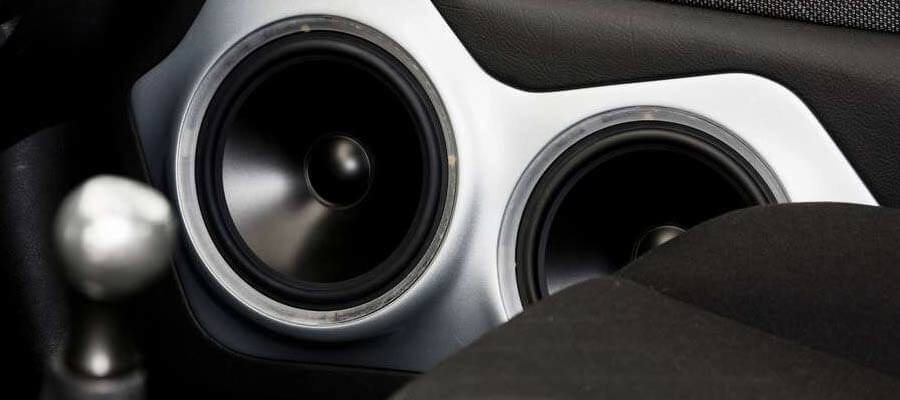
Introduction
People always ask, How do I know what speakers to get for my car? The car audio experience has evolved significantly over the years, and today, selecting the perfect speakers for your car is crucial to achieving the best audio quality.
Whether you’re a casual music lover or an audiophile, the speakers you choose play a pivotal role in enhancing your driving experience. In this comprehensive guide, we’ll explore the key factors to consider when selecting car speakers and help you choose the right speakers for your car audio system.
Understanding Speaker Specifications: What Matters Most?
When delving into the world of car speakers, it’s essential to grasp the significance of speaker specifications. These specifications provide valuable insights into a speaker’s performance capabilities. Here are the key specifications you should pay attention to:
- RMS Power Handling: This specification indicates the amount of power a speaker can handle continuously without damaging itself. It’s crucial to match the RMS power handling of your speakers with the power output of your car stereo or amplifier to prevent distortion or damage.
- Sensitivity Rating: Sensitivity refers to how efficiently a speaker converts power into sound. A higher sensitivity rating means the speaker requires less power to produce the same volume as a speaker with lower sensitivity. Matching sensitivity with your car stereo’s power output ensures optimal performance.
- Frequency Response: The frequency response defines the range of frequencies a speaker can reproduce. Look for speakers with a broad frequency response to ensure a well-balanced sound. A broader frequency range allows for better reproduction of low bass and high treble frequencies.
- Speaker Impedance: Impedance is the resistance the speaker presents to electrical currents. Most car speakers have an impedance of 4 ohms, but it’s essential to check your car stereo’s specifications to ensure compatibility.
Understanding these specifications will help you make informed decisions when comparing different speakers for your car audio system.
Determining Speaker Size and Fitment for Your Vehicle
Selecting the right speaker size is critical for achieving optimal sound quality. Before purchasing speakers, consult your car’s manual or measure the existing speakers to determine the appropriate size. Factors such as door panel depth and available space should also be considered to ensure a proper fit.
Additionally, some vehicles have specific speaker fitment requirements, known as Original Equipment Manufacturer (OEM) fitment. OEM fitment ensures that the speakers are designed to seamlessly integrate with your car’s existing audio setup. When upgrading speakers, it’s advisable to choose models that adhere to OEM fitment standards to simplify the installation process.
Speaking of installation, it’s essential to follow proper procedures or seek professional assistance to ensure that the speakers are securely and correctly installed. Proper installation not only enhances sound quality but also prolongs the lifespan of your speakers.
Exploring Different Speaker Types and Configurations
Car speakers come in various types and configurations, each with its own set of advantages and considerations. Two primary types are component speakers and coaxial (full-range) speakers.
1. Component Speakers vs. Coaxial Speakers
Component speakers consist of separate components for different frequency ranges – a woofer for low frequencies and a tweeter for highs. This setup allows for more precise sound reproduction but may require additional installation efforts.
Coaxial speakers, on the other hand, combine multiple speaker elements into a single unit, simplifying installation. While coaxial speakers are easier to install, component speakers generally offer superior sound quality and customization options.
2. Subwoofers vs. Full-Range Speakers
Subwoofers specialize in reproducing low-frequency sounds (bass), providing a deeper and more pronounced bass experience. Full-range speakers, on the other hand, cover a wider range of frequencies, making them suitable for midrange and high-frequency sounds.
Depending on your preferences and available space, you may choose to include a subwoofer for enhanced bass or opt for full-range speakers for a more comprehensive audio spectrum.
3. Active vs. Passive Crossovers
Crossovers divide the audio signal into different frequency ranges and direct them to the appropriate speakers. Active crossovers require external power and provide more precise control over the signal, while passive crossovers do not require additional power but may result in a slightly less efficient signal distribution.
Your choice between active and passive crossovers depends on your preferences and the complexity of your car’s audio system.
Understanding these speaker types and configurations empowers you to make decisions that align with your audio preferences and the specific requirements of your car.
Budget Considerations: Finding the Best Value for Money
While it’s tempting to invest in high-end speakers, there are excellent budget-friendly options that deliver impressive sound quality. Affordable audio upgrades are available for those looking to enhance their car audio system without breaking the bank.
Look for speakers from reputable brands that offer a good balance between price and performance. Reading customer reviews and seeking recommendations can help you identify budget-friendly car speakers with satisfactory sound quality. Keep in mind that factors such as speaker sensitivity and impedance also play a role in determining the overall value for money.
Tuning and Tweaking Your Car Audio System: Adding Amplifiers and Sound Processors
To take your car audio experience to the next level, consider adding amplifiers and sound processors to your system. Car amplifiers boost the power delivered to your speakers, resulting in clearer and more dynamic sound. When selecting an amplifier, ensure that its power output matches the RMS power handling of your speakers for optimal performance.
Sound processors offer advanced customization options, allowing you to fine-tune your audio settings to achieve the desired sound signature. They can correct frequency imbalances, enhance bass response, and improve overall audio clarity. Investing in a quality sound processor can significantly elevate your car audio experience.
Tips for Buying Speakers Online or In-Store: Where to Find Reliable Brands and Deals?
Whether you prefer online shopping or exploring brick-and-mortar stores, there are reliable ways to find quality car speakers and attractive deals.
1. Buying Car Speakers Online Tips and Tricks
When shopping online, read product descriptions, customer reviews, and specifications carefully. Look for reputable online retailers and consider purchasing from authorized dealers to ensure product authenticity. Check for warranty information and return policies to safeguard your purchase.
2. Reputable Speaker Brands for Cars
Stick to well-known and reputable speaker brands with a history of producing quality audio equipment. Brands like Pioneer, Alpine, JBL, and Rockford Fosgate are recognized for their reliable and high-performance car speakers.
3. Deals on Car Audio Equipment
Keep an eye on seasonal sales, promotions, and clearance events to snag the best deals on car audio equipment. Subscribe to newsletters from reputable audio retailers to stay informed about upcoming sales and exclusive offers.
Conclusion
Choosing the perfect speakers for your car audio system requires careful consideration of speaker specifications, size, fitment, and type. Factor in your budget, explore different configurations and don’t overlook the importance of proper installation. Whether you are a music enthusiast or simply want to enhance your daily commute, investing in the right car speakers can transform your driving experience into a sonic journey.
